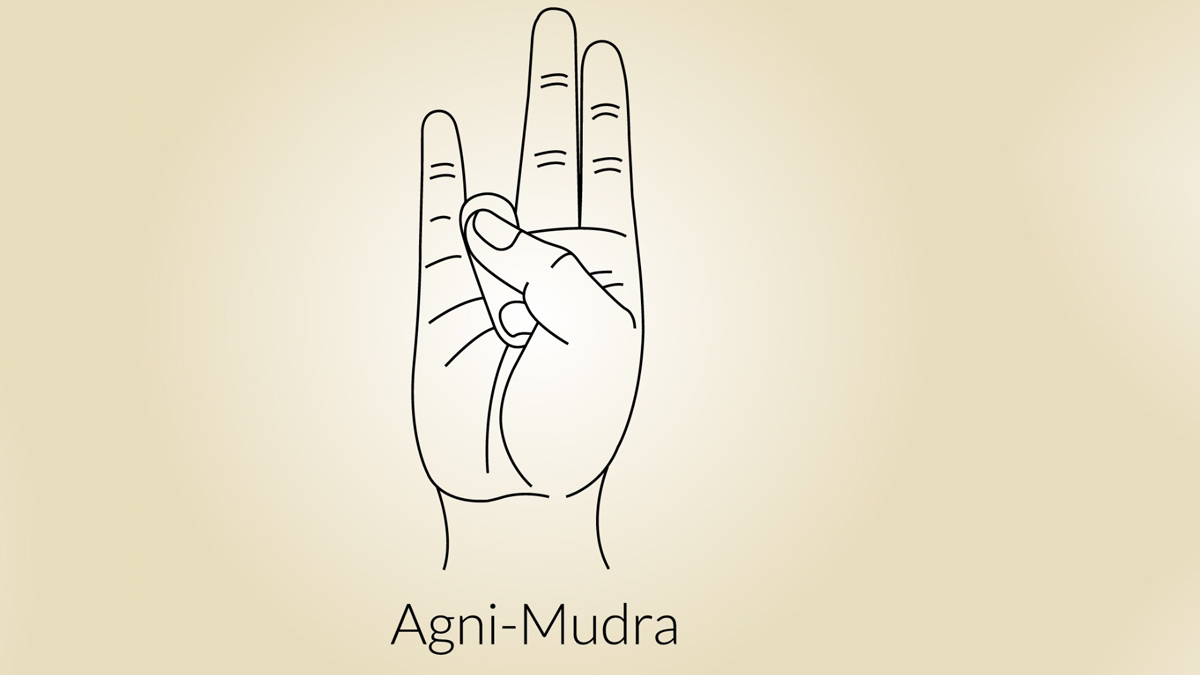Bhakti Yoga: The Path of Devotion
In the realm of yoga, there are various paths one can embark upon, each with its unique approach and philosophy. Among these paths, Bhakti Yoga stands out as the path of devotion and love towards the divine. It is a profound and spiritually enriching journey that allows individuals to connect with their inner selves and the greater universe. In this blog, we will delve into the essence of Bhakti Yoga, its principles, practices, and the profound transformation it offers.
What is Bhakti Yoga?
Bhakti Yoga, often referred to as the path of loving devotion, is one of the traditional paths of yoga outlined in ancient Indian texts like the Bhagavat Gita. At its core, Bhakti Yoga is about cultivating a deep and unbreakable bond with the divine, which can take many forms, such as a personal deity, the universe, or a universal concept like love itself. The word "Bhakti" itself translates to devotion or love.
Principles of Bhakti Yoga
1. Love and Devotion: The primary principle of Bhakti Yoga is unwavering love and devotion to the chosen object of worship. This love is selfless and unconditional, akin to the love of a devotee towards their beloved deity.
2. Surrender: Bhakti Yogis practice surrendering their ego and will to the divine, acknowledging that they are merely instruments in the hands of a higher power.
3. Service: Service to others is an integral aspect of Bhakti Yoga. It is believed that by serving and helping others, one is serving the divine, and this selfless service purifies the heart.
4. Chanting and Mantras: Bhakti Yoga often involves the repetition of sacred chants and mantras, which helps to focus the mind and invoke a sense of spiritual connection.
Practices of Bhakti Yoga
1. Kirtan and Bhajans: Singing devotional songs (bhajans) and chanting the names of the divine (kirtan) are common practices in Bhakti Yoga. These melodic expressions of love and devotion can be done individually or in groups.
2. Puja and Rituals: Performing rituals and ceremonies to honor the chosen deity or the divine is another essential practice in Bhakti Yoga. This includes offerings of flowers, incense, and prayers.
3. Meditation: Bhakti Yogis engage in meditation to deepen their connection with the divine. The focus here is on feeling the presence of the divine rather than emptying the mind.
4. Study of Sacred Texts: Studying scriptures like the Bhagavad Gita, Ramayana, or Bhagavata Purana is crucial for understanding the philosophical and spiritual aspects of Bhakti Yoga.
The Profound Transformation of Bhakti Yoga
Bhakti Yoga isn't just about religious rituals; it's a transformative journey that touches every aspect of a practitioner's life. By cultivating love, devotion, and selflessness, Bhakti Yogis experience a profound shift in their perspective. They develop a deeper sense of inner peace, compassion for others, and a connection with something greater than themselves. This path encourages individuals to find divinity not only in temples or churches but in every moment of life.
In conclusion, Bhakti Yoga is a beautiful and accessible path for those seeking a deep and meaningful connection with the divine. It teaches us that true yoga is not confined to physical postures but extends to the realms of the heart and soul. Through love, devotion, and selfless service, Bhakti Yoga offers a path to spiritual fulfillment and a profound transformation of one's being. It reminds us that the journey to the divine is not one of distance but of deepening intimacy with the source of all existence.
Signing off 😊🙏




Comments
Post a Comment